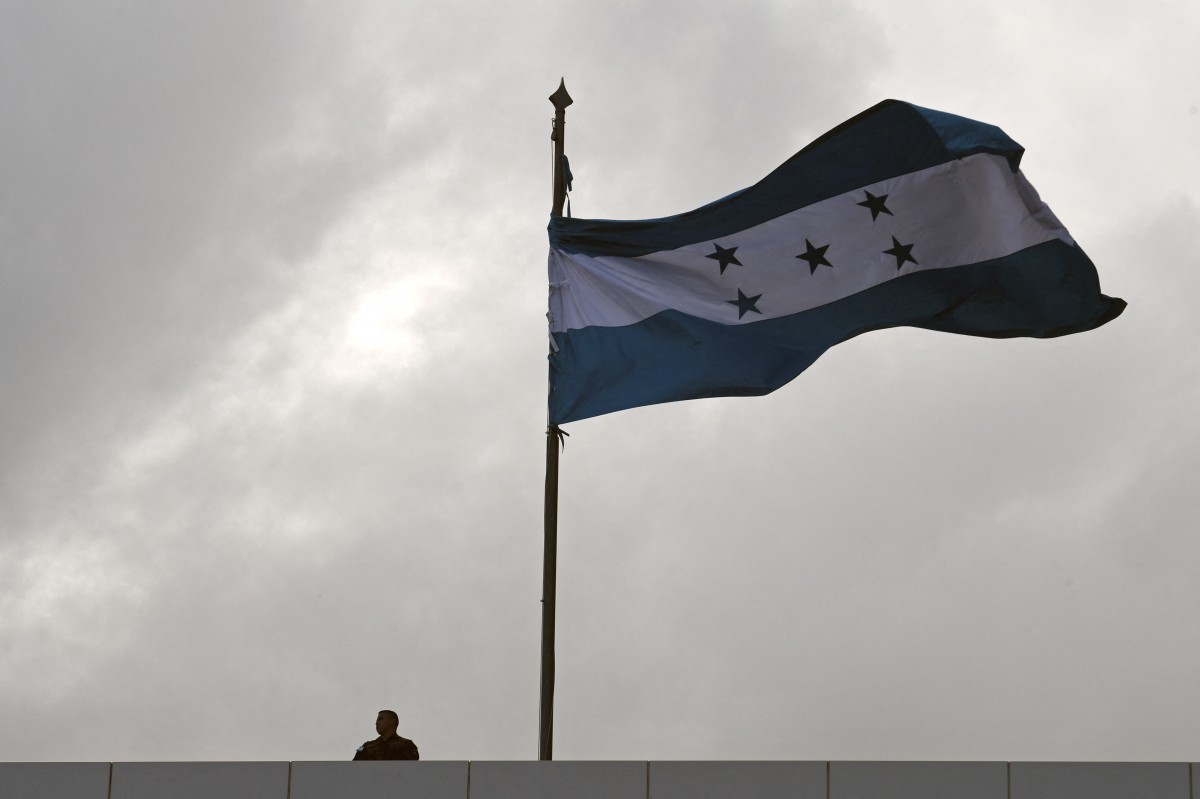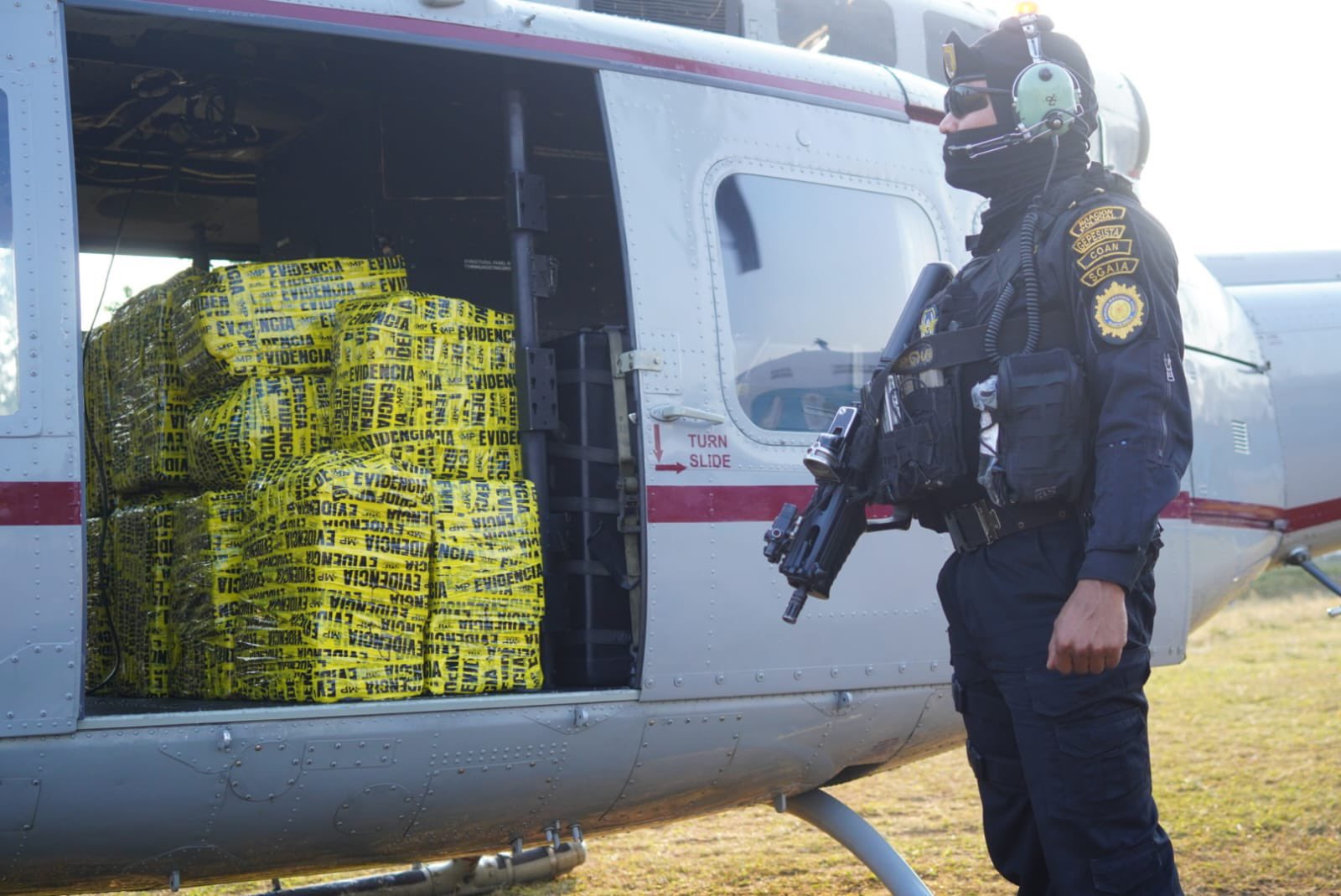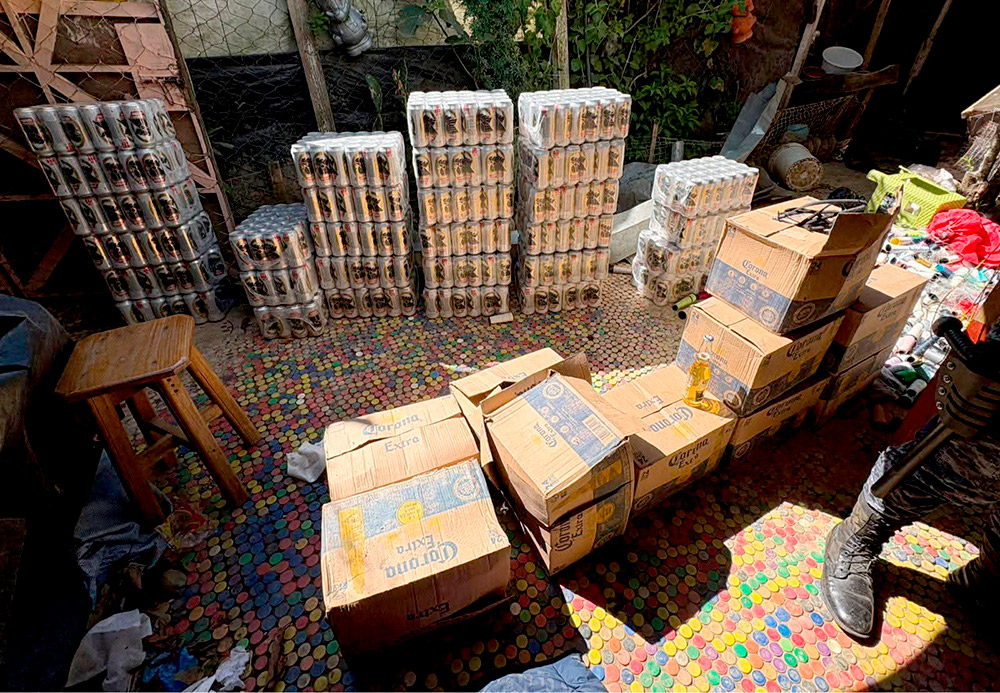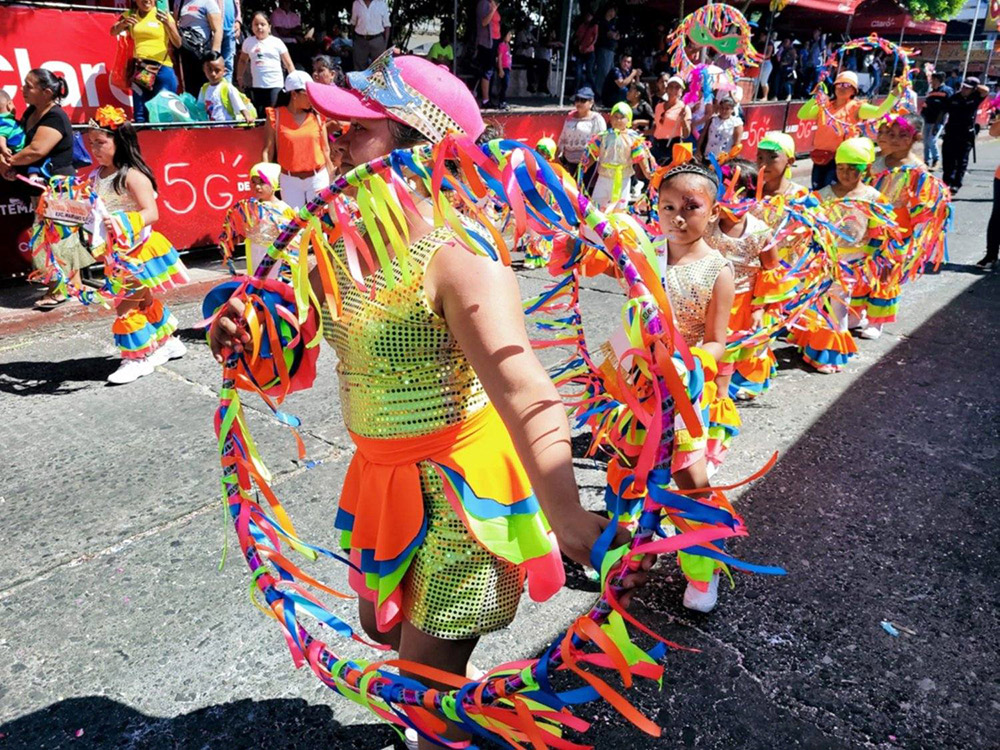Central America
Honduras remains among the most violent countries in Central America despite drop in homicides

Despite not being at war and reporting a decrease in crime rates, Honduras remains one of the most violent countries in Central America and the region, according to Migdonia Ayestas, director of the Violence Observatory at the National Autonomous University of Honduras (UNAH).
“Even with all the reductions in crime, we still average six victims per day, and on average one of them is a woman,” Ayestas told EFE in Tegucigalpa. “This shows that, despite not being in a war, Honduras continues to rank among the most violent countries in Central America and across the continent.”
According to Ayestas, violence and crime have dropped more than 40 percentage points, but this improvement mainly reflects homicide rates — the international standard for measuring insecurity. Other forms of violence, however, remain alarming, especially sexual violence, which affects an estimated 88% of women nationwide.
The situation is particularly concerning for women. So far in 2025, 162 women have been killed violently, highlighting that homicides are only part of the problem. Many attacks occur within homes or community spaces — places that should be safe.
Among girls aged 10 to 14, the risk of experiencing violence is especially high. Ayestas also emphasized that firearms are the main weapons used in injuries and deaths, with many believed to be illegally trafficked.
Furthermore, beyond gender-based violence, many Honduran families continue to suffer from extortion and common crime, adding further strain to daily life in one of the region’s most dangerous environments.
Central America
Guatemala seizes over a ton of cocaine hidden in flour at Pacific port

Guatemalan security forces seized more than one metric ton of cocaine on Sunday after discovering the drug hidden inside containers filled with flour at a Pacific port, police said.
The cocaine was found inside two shipping containers at Puerto Quetzal, located about 85 kilometers south of Guatemala City in the southern department of Escuintla, according to a police statement.
Authorities reported that 1,039 rectangular packages of cocaine were concealed inside bags of flour, with a total weight of 1,240 kilograms. No arrests were reported in connection with the operation.
Police said the shipment’s country of origin was not disclosed, and the seized drugs were airlifted to secure storage facilities in the capital for safekeeping.
International drug cartels frequently use Central America as a transit route for cocaine shipments bound for the United States, the world’s largest consumer of the drug.
Central America
Guatemala’s president rules out negotiations with inmates after prison riots

Guatemalan President Bernardo Arévalo stressed that his administration will not negotiate with inmates nor restore concessions granted under previous governments, insisting that the Executive’s priority is to maintain control of the prison system and restore order in detention centers.
Arévalo said one of the key measures implemented by authorities was the blocking of mobile phone signals inside prisons, an action he described as decisive in regaining control of the Renovación 1 penitentiary.
The riots reported at Renovación 1, Fraijanes 2, and the Preventive Detention Center for Men in Zone 18 of Guatemala City were aimed at pressuring the state to recover privileges that had been recently revoked, Arévalo said during a press conference held Wednesday at the National Palace of Culture.
The president explained that inmates were seeking to reinstate special detention conditions, including air conditioning, king-size beds, and internet access, benefits that he said were eliminated by the current administration.
“They attempted to extort the state in order to return to that system of privileges, but they failed,” Arévalo emphasized.
Central America
Mazatenango Carnival cancelled amid State of Siege in Guatemala

The municipal government of Mazatenango, in the department of Suchitepéquez, Guatemala, has cancelled the city’s traditional Carnival as a security measure aimed at protecting visitors and residents.
The decision was announced on Tuesday through the municipality’s official Facebook page and comes as a preventive action amid the state of siege declared by the national government last Sunday.
The Mazatenango Carnival, one of the country’s most emblematic festivities, boasts more than 140 years of traditionand typically draws large crowds from across Guatemala and neighboring regions. Its program usually includes parades of floats, the traditional “Rabbit Race,” street dancing and live music, concerts, and cultural events in the Central Plaza.
According to the official statement, the cancellation responds to the current security context and the restrictions associated with the state of siege, prioritizing public safety.
Municipal authorities clarified that the scheduled concert by La Arrolladora Banda El Limón will still take place separately and will be the sole responsibility of the private production company, independent of the cancelled carnival activities.
-

 Central America5 days ago
Central America5 days agoMazatenango Carnival cancelled amid State of Siege in Guatemala
-

 International5 days ago
International5 days agoTrump to invite Venezuela’s interim president Delcy Rodríguez to Washington
-

 International5 days ago
International5 days agoMarkets rise as Trump halts Europe tariffs and floats Greenland agreement framework
-

 International5 days ago
International5 days agoVenezuela’s interim president predicts 37% increase in revenues for 2026
-

 International3 days ago
International3 days agoTrump-Era Defense Plan Prioritizes Border Security and Scales Back Global Commitments
-

 Central America3 days ago
Central America3 days agoGuatemala’s president rules out negotiations with inmates after prison riots
-

 International5 days ago
International5 days agoJapan reopens Kashiwazaki-Kariwa Plant despite public concerns
-

 Internacionales3 days ago
Internacionales3 days agoMajor winter storm threatens “catastrophic” ice and snow across much of the U.S.
-

 International5 days ago
International5 days agoFour minors killed in deadly clash between FARC dissidents in Colombia’s Amazon
-

 International3 days ago
International3 days agoBogotá and Quito Seek Dialogue After Tariffs and Power Cut Escalate Tensions
-

 International3 days ago
International3 days agoGuatemala considers sending high-risk gang members to military prisons
-

 International2 days ago
International2 days agoDelcy Rodríguez seeks political agreements after Maduro’s ouster
-

 International3 days ago
International3 days agoRights group says over 5,000 killed in Iran protests, mostly civilians
-

 International2 days ago
International2 days agoFederal immigration agents kill man in Minneapolis, sparking protests and outrage
-

 International10 hours ago
International10 hours agoHistoric snowstorm paralyzes Toronto after 60 centimeters of snow
-

 International10 hours ago
International10 hours agoSpain’s irregular migrant population rises to 840,000, study finds
-

 Central America10 hours ago
Central America10 hours agoGuatemala seizes over a ton of cocaine hidden in flour at Pacific port
-

 International10 hours ago
International10 hours agoRights group says nearly 6,000 killed in Iran protest crackdown
-

 International10 hours ago
International10 hours agoVenezuela frees at least 80 political prisoners, NGO says
-

 International10 hours ago
International10 hours agoEU launches new probe into X over AI-generated fake nude images
-

 International11 hours ago
International11 hours agoFrance debates ban on social media for children under 15
-

 International11 hours ago
International11 hours agoSevere winter storm grips U.S., leaves multiple dead as extreme cold persists


























